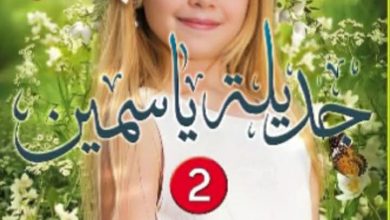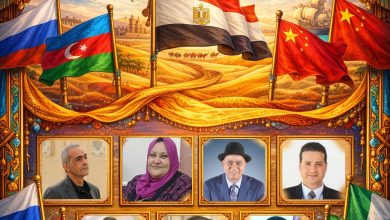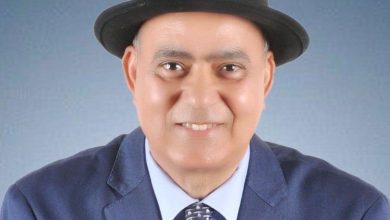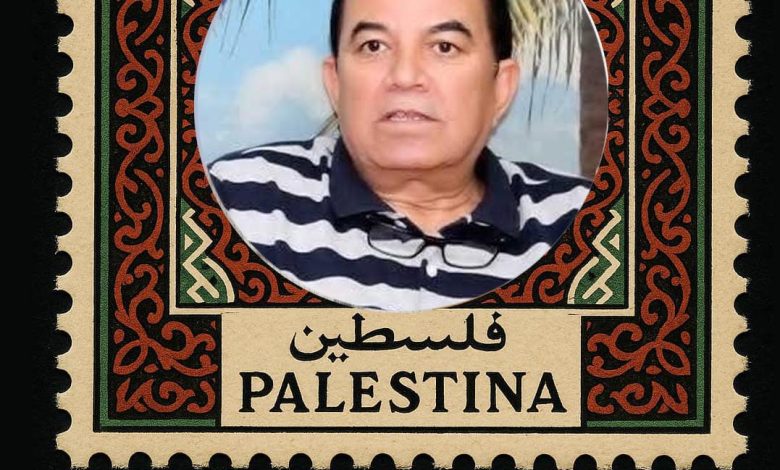
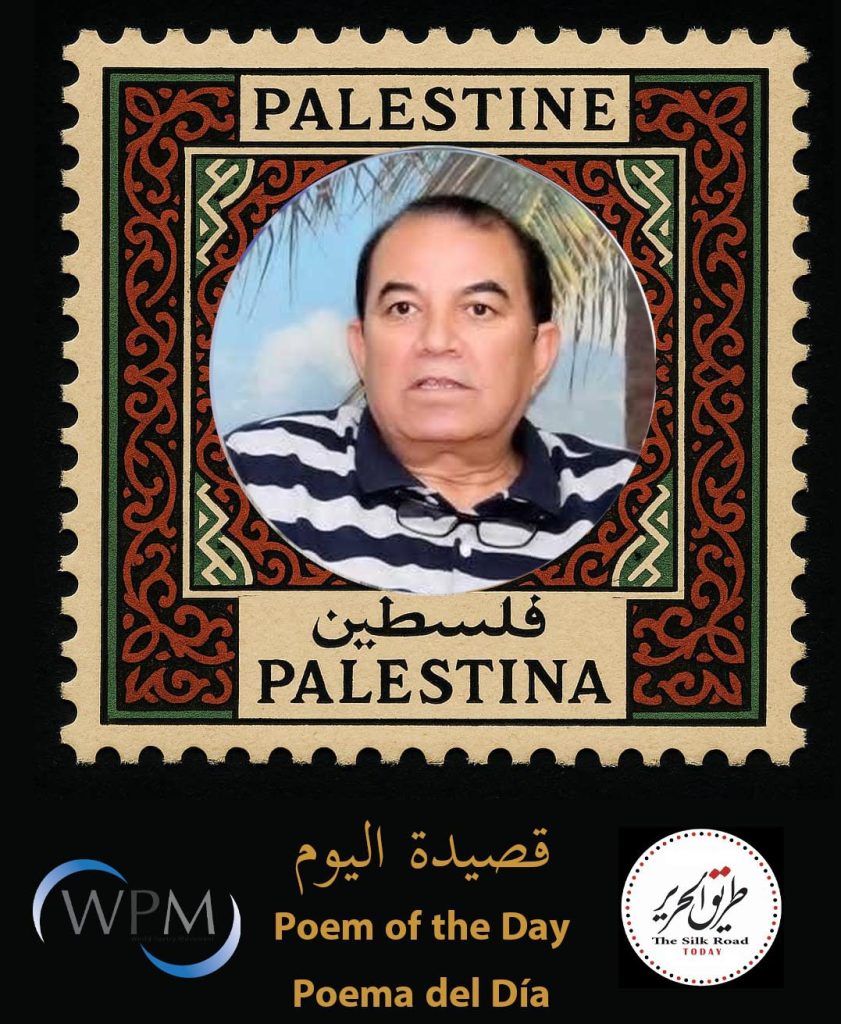
Ahmed Nabawi
Ahmed Nabawi is an Egyptian poet and academic renowned for his exploration of humanitarian themes in his poetry. He embarked on his poetic journey in the early 1990s and has since published five collections: Testimony of Love, Wounds Have Tributaries, Flames of Questions, Scenes from the Refugee Camp, TheFlourishment of Colors and two forthcoming works titled An Ant Said and The Doors. Beyond his poetry, Nabawi has authored several critical books, including The Poet’s Culture and the Production of Significance, The Poetics of Small Details, The Contemplative Tendency in Andalusian Poetry, and The Heritage Tributaries in Andalusian Poetry.
Translated by Dr.Salwa Gouda
Dr Salwa Gouda is an accomplished Egyptian literary translator, critic, and academic affiliated with the English Language and Literature Department at Ain Shams University. Holding a PhD in English literature and criticism, Dr. Gouda pursued her education at both Ain Shams University and California State University, San Bernardino. She has authored several academic works, including Lectures in English Poetry and Introduction to Modern Literary Criticism, among others. Dr. Gouda also played a significant role in translating The Arab Encyclopedia for Pioneers, a comprehensive project featuring poets, philosophers, historians, and literary figures, conducted under the auspices of UNESCO. Recently, her poetry translations have been featured in a poetry anthology published by Alien Buddha Press in Arizona, USA. Her work has also appeared in numerous international literary magazines, further solidifying her contributions to the field of literary translation and criticism.
Two refugees
An old man and an elderly woman
Rely on unfair time
Rely on their fading youth
There was nothing left of their lives
Except a little
They cultivate life with love
In the span of a long life
And they built a small house
In a moment
Volcanoes of cannon
And stray missiles blew up
The long life plant
***
An old man and an elderly woman
In the midst of the ruins
– Distraught –
They tremble
They do not utter a word
They do not cry
Leaning on a cloudy fate
Leaning on the open
Their eyes stared
And went backwards
The soul is neither satisfied
Nor reassured
***
An old man and an elderly woman
Towards the camp
They are crawling
Towards the camp
In a fugue
They lean on pure words
They lean on the sky
They do not look ahead
They do not look back
In a tent
– In the middle of the camp –
They sit
She does not move
She comes near her beloved
And enters into fugue
And remains from silence
To silence
And messing with her fingertips in the dust
– He does not move a finger
He comes near his beloved
And he enters into fugue
And he remains from silence
To silence
And messing with his fingertips in the dust
***
At night
Where the wind is hungry
And the groaning of wounds
And the snow is falling
And the stray missiles
And the cannons – without heed – wail
She gave him the bread of The Relief
– And the bereavement looms in her eyes –
He casted it aside
And stretched out on her side… and fell asleep
Next to him
She threw her body… and fell asleep
***
In the morning
The Relief announced
– In the crowd of arrivals –
About a tent
In its hollow
The whining fell silent
And The Relief workers dug a hole
To include
Two dead bodies:
An old man
And an elderly lady
***
A lonely child in the camp
In the first day
Between the groans of the roads
He remained – panicked –
He shouts
He flounders around in weeping legs
He cries
Words come from his mouth
And he loses consciousness for a while
And he wakes up
To return to his first life
***
In the next day
He sat sad, contemplating
– Drink
He does not drink
– Eat
He does not eat
***
On the third day
Sadness did not flow on the roads
The earth did not rise
And the heavens did not cry
When a hoarse voice rose
He announces
That the screaming child
Died

